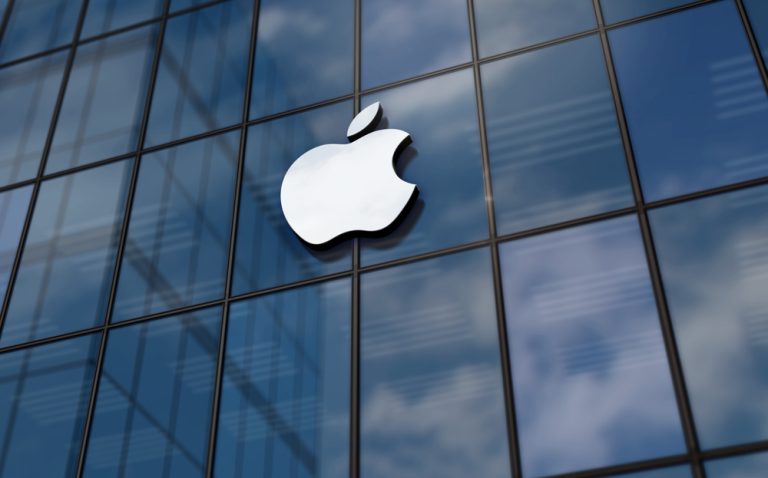Tim Cook and Trump Highlight Major Investment Deal
Apple CEO Tim Cook is set to appear alongside President Donald Trump at the White House to announce a $100 billion investment pledge under a new “American Manufacturing Program.” The move increases Apple’s total U.S. investment commitment to $600 billion over the next four years, according to a White House official.
The event, scheduled for 4:30 p.m. ET in the Oval Office, signals a deepening collaboration between the tech giant and the administration as Trump continues to pressure U.S. companies to shift production away from countries like China and India.
Trump Escalates Push for Domestic Manufacturing
President Trump has repeatedly criticized Apple’s reliance on overseas production, particularly in China and more recently India. Despite Apple’s gradual relocation of some manufacturing operations to India, Trump has made clear his preference for domestic output. “We want you to build here,” he reportedly told Cook in a private exchange earlier this year.
As part of his broader trade policy shift, Trump announced Wednesday that he will double tariffs on Indian goods to 50%, citing India’s ongoing imports of Russian oil. The measure builds on his recent series of tariff hikes designed to rebalance trade relationships with multiple countries.
Tariff Strategy Still Spares Tech Giants—for Now
Despite the tariff escalation on Indian products, Apple and other U.S. tech firms remain shielded. Trump’s tariff structure, introduced in April, had excluded smartphones, semiconductors, and other key tech components. That exemption remains intact, even with the latest measures against India.
The selective approach to tariffs suggests a balancing act between encouraging domestic manufacturing and avoiding supply chain disruptions that could spike consumer prices. Experts have warned that building iPhones entirely in the U.S. could increase costs by hundreds of dollars per unit.
Apple Silent, But the Stakes Are High
Apple has declined to comment on the new manufacturing pledge or the administration’s trade measures. However, the announcement underscores the mounting pressure on multinational corporations to align with national economic goals. For Apple, the decision could have far-reaching effects on logistics, pricing, and its global manufacturing footprint.
Trump’s approach marks a stark contrast to previous administrations, with direct intervention and aggressive tariff tools aimed at repatriating tech production. Whether Apple’s $100 billion pledge leads to meaningful domestic shifts—or remains mostly symbolic—remains to be seen.


